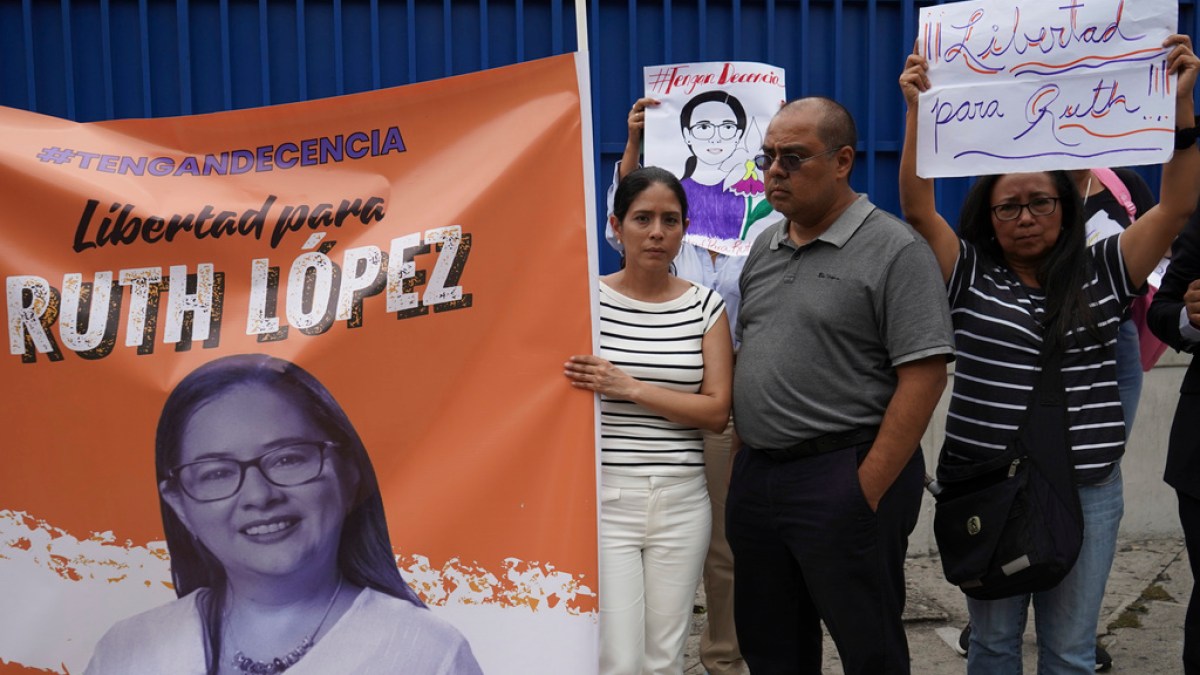Cristosal announced on Thursday that it has relocated its workforce from El Salvador and that it intends to continue its work in exile.
According to Noah Bullock, executive director of Cristosal, “when it became clear that the government was prepared to persecute us criminally and that there is no chance of defense or impartial trial, that makes it unviable to take those risks any longer,” he told the news agency Reuters from Guatemala.
The Bukele government has increased its focus on individuals and organizations that examine the government’s record on issues like corruption and security, and threaten independent media and rights organizations with fake legal arguments, according to critics.
Ruth Lopez, a well-known anti-corruption and justice advocate for Cristosal, was detained in May on corruption-related charges. Organizations like Amnesty International and the UN have criticized her arrest.
In May, Bukele also made a new law requiring non-governmental organizations that receive funding from outside the country to file with the government and pay additional taxes.
Cristosal has been in El Salvador for 25 years, and his actions have drawn criticism from Bukele for their investigations into government corruption and reports on the human impact of the country’s campaign to stop gang activity.
El Salvador has ceased to be a state of rights, according to the organization’s statement on Thursday, which read “under a permanent state of exception and near-total control of all institutions.” “You could end up in jail by speaking out or demanding basic rights today.”
In March 2022, the Bukele government established a “state of exception,” granting the government and security forces unconstitutional powers and suspending important civil liberties. The government’s efforts have significantly reduced the power of powerful gangs, who had previously smothered Salvadoran cities with gang violence and exploitation.
Despite having many fans, those successes have had a significant impact on Bukele’s popularity: numerous people have been detained without charge, in terrible conditions, and without any way to contest their detention. Additionally, Bukele is accused of working with powerful gang leaders in the background.
The government has continued to use the extraordinary powers under the state of emergency, which dissidents claim are being used to target and harass human rights advocates and government critics, despite the claim that violent crime has decreased to record lows and that gangs have been eliminated.
Source: Aljazeera

Leave a Reply